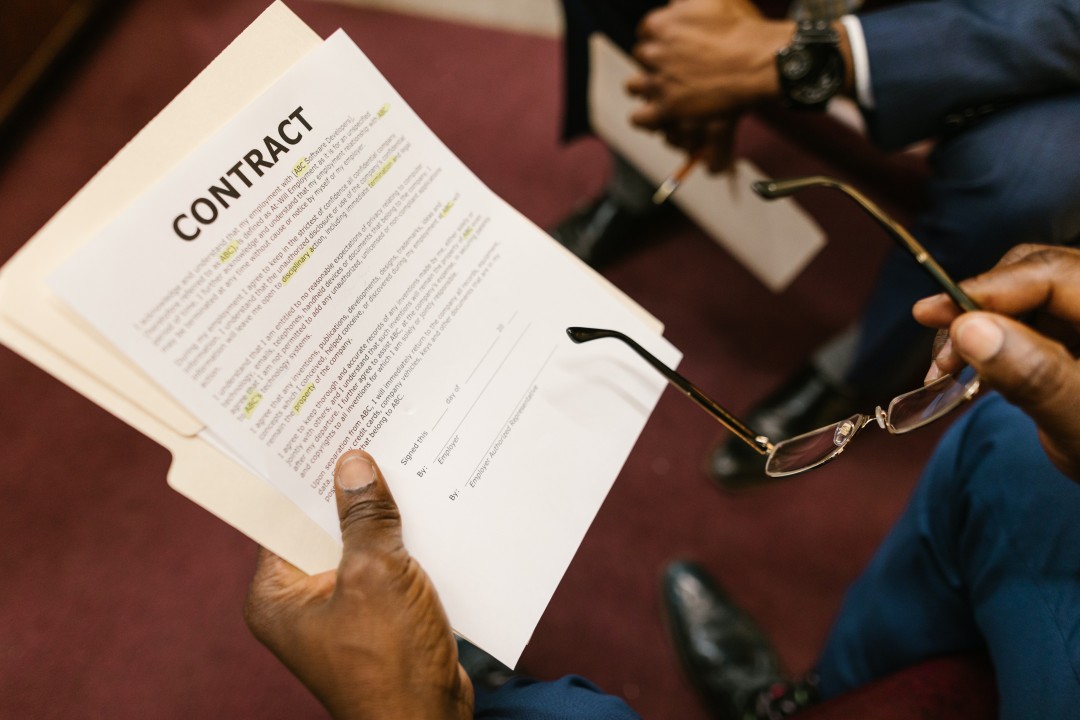 Successive presidents and Senate majority and minority leaders have pointed at each other and claimed with exasperation that their political opponents are responsible for stalling judicial nominees. Neither side is willing to end a process that has degenerated into Beltway gridlock. There are many losers in this stalemate. One is the judicial nominee, whose law practice and family suffer during the extended limbo of the pending nomination. Real costs are often borne by businesses whose viability relies on the timely resolution of commercial disputes, by defendants who lose jobs and sometimes family ties while languishing behind bars awaiting trial, and, ultimately, the public that expects courts to deliver on the promise of justice for all.
Our economy depends on courts to enforce contracts, protect property and determine liability. Judicial vacancies increase caseloads per judge, creating delays that jeopardize the ability of courts to expeditiously deliver judgments. Delay translates into costs for litigants. Delay results in uncertainty that discourages growth and investment. With 60 percent more judicial vacancies at present than in January 2009 and pending civil cases in U.S. District Courts 7 percent higher than in 2005, vacancies are potential job-killers.
Successive presidents and Senate majority and minority leaders have pointed at each other and claimed with exasperation that their political opponents are responsible for stalling judicial nominees. Neither side is willing to end a process that has degenerated into Beltway gridlock. There are many losers in this stalemate. One is the judicial nominee, whose law practice and family suffer during the extended limbo of the pending nomination. Real costs are often borne by businesses whose viability relies on the timely resolution of commercial disputes, by defendants who lose jobs and sometimes family ties while languishing behind bars awaiting trial, and, ultimately, the public that expects courts to deliver on the promise of justice for all.
Our economy depends on courts to enforce contracts, protect property and determine liability. Judicial vacancies increase caseloads per judge, creating delays that jeopardize the ability of courts to expeditiously deliver judgments. Delay translates into costs for litigants. Delay results in uncertainty that discourages growth and investment. With 60 percent more judicial vacancies at present than in January 2009 and pending civil cases in U.S. District Courts 7 percent higher than in 2005, vacancies are potential job-killers.
The U.S. District Court for the Northern District of Georgia has had one open judge’s position for more than 1,500 days and another for more than 1,100 days. Federal courts in Arizona, North Carolina, Texas and Wisconsin have similarly long-lived vacancies. In the U.S. District Court for the Central District of California, a venue that recently considered a $1 billion case, a seat on the Ninth Circuit U.S. Court of Appeals has been open for more than 3,000 days, since 2004.
Vacancies affect our criminal justice system. Major crimes like terrorism, bank robbery and kidnapping are tried in federal courts that are understaffed. Plus, the number of defendants pending in criminal cases before U.S. district courts has increased 33 percent since 2003. The constitutional rights of defendants to a speedy trial are not waived because senators cannot agree on judges. To meet those constitutional obligations, criminal trials receive precedence over civil matters, further adding to the civil backlog. Exacerbating slowdowns caused by vacancies, the courts have announced that sequestration will require staff furloughs. Some courts will not accept civil filings on certain days.
Progress can be made with small steps and collaborative leadership. As a first step, Democrats and Republicans should schedule up-or-down floor votes for those 13 nominees favorably reported out of the Senate Judiciary Committee with little or no opposition.
Second, the 11 nominees who were pending on the floor when the 112th Congress adjourned should be fast-tracked. These women and men nominees already have endured the laborious review process and Judiciary Committee approval. The technicality of adjournment should not stall their consideration.
Next, the Senate majority and minority leaders should agree to prioritize filling judicial emergencies and shorten the period of time between nomination and votes. A nominee for Majority Leader Harry Reid’s home state of Nevada has waited more than 200 days without a floor vote. Minority Leader Mitch McConnell’s home state has fared even worse. A seat has been vacant in the Western District of Kentucky for more than 500 days.
Finally, the White House should offer a nominee for every open seat on the bench. The many vacancies and anticipated vacancies warrant making judicial vacancies a priority this year. Additional nominations from President Obama will emphasize the responsibility of the Senate to end decades of escalating retaliation against qualified judicial nominees.
Bellows is president of the American Bar Association.



